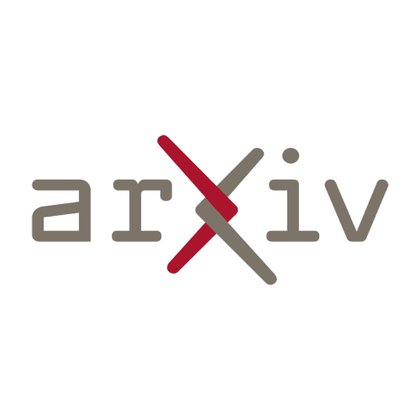
ninell oldenburg
@nellsn1
Followers
434
Following
3K
Media
69
Statuses
786
philosophy of AI; tweets on artificial "intelligence", the awful German language, & maps
Copenhagen, Denmark
Joined May 2019
How can we ensure cooperation between (natural & artificial) agents? Humans do this via social norms that constrain uncooperative actions. In this new paper, @xuanalogue and I show how artificial agents can *learn* these norms from observation!. Link:
1
19
112
This should embrace uncertainty into governance principles and force policymakers to continuously update their proposals according to new evidence, thereby leaving room for developments to be incorporated into governance.
1
0
0
Lastly, we advocate for a pragmatic approach to governance, i.e., focusing on observable outcomes rather than speculative scenarios, examining tangible impacts that existing AI systems have on society, or inductively deriving governance principles from real-world evidence.
1
0
0
We then very (!) briefly review what AI Policy in the US, UK, EU, China, Brazil, and Russia looks like, finding that they most often employ such deterministic proposals.
1
0
0
And Determinism vs. Agency finding that all imaginaries promote a high degree of determinism for the future, however, in contrastingly different directions per imaginary.
1
0
0
Here is a small excerpt of the findings in Normative Vision of the Future.
1
0
0
Utilizing the concept of sociotechnical imaginaries, we operationalized each of the risk imaginaries into four categories: Normative Vision of the Future, Social Order and Values, Role of Science and Technology, and Determinism vs. Agency.
1
0
0
We conducted a comparative literature analysis of 3 manifesto-style texts: the Machine Intelligence Research Institute as a proponent of AI as an existential risk, Marc Andreessen as accelerationist, and the Distributed AI Research Institute as researchers of current-day harm.
1
0
0
How does the language of risk imaginaries influence policy and governance? In a new paper, Gleb Papyshev & I show that dominant AI risk framings and the resulting policy proposals are of a deterministic nature. We argue for a pragmatic governance approach.
1
1
2
and on top of that, it's also pretty hostile toward China by creating this narrative of them inevitably playing a big part in causing a catastrophe? . i'd love to see more hope in openness toward international collaboration instead of reinforcing the enemy image.
What irritates me about the approach taken by the AI 2027 report looking to "accurately" predict AI outcomes is that I think this is highly counterproductive for good outcomes. They say they don't want this scenario to come to pass, but their actions---trying to make scary
0
0
2
RT @saffronhuang: What irritates me about the approach taken by the AI 2027 report looking to "accurately" predict AI outcomes is that I th….
0
29
0
RT @_alice_evans: My timeline is awash with “inspiring women” for international women’s day . This would be a great campaign IFF the bottle….
0
15
0
RT @_KarenHao: Free speech no longer exists in the US government. For @TheAtlantic I spoke with 12+ federal workers in 6 agencies who said….
theatlantic.com
Sources within the government reveal the true extent of the Trump administration’s crackdown on speech.
0
297
0
RT @_KarenHao: As someone who has reported on AI for 7 years and covered China tech as well, I think the biggest lesson to be drawn from De….
0
3K
0













